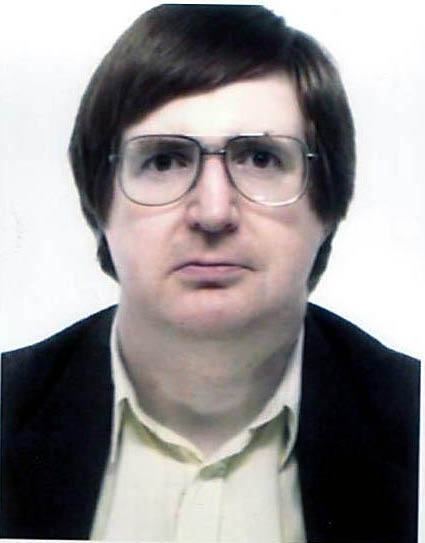‘That I may assert Eternal
Theodicy is a compound of two Greek words – theos, God, and dikē, justice. The ‘theodicy question’ is the attempt to answer the question that is often put by people who have become atheists because of something terrible that has happened, either to them, or to someone they loved. ‘If God is good and all-powerful, why does He allow so much suffering and so many terrible things to happen in the world?’
This question is very often couched in directly personal terms. ‘If God is so good, why did He let my wife/husband/son/daughter die of cancer?’
The people concerned don’t usually have any problem with the idea of God’s omnipotence. It is automatically assumed that, if God exists, then He is all-powerful. What they question is His moral status – His goodness. And given that God is supposed to be good per definitionem, they regard the absence of goodness they perceive as conclusive disproof of His existence.
What all such people fail to understand, however, is that God is not in the business of ensuring that everyone’s life runs absolutely smoothly and pain-free. Nor Has He organised the Universe to ensure that no-one ever dies, or gets sick, or injured in an accident, or as a result of some natural event, like an earthquake, or a flood.
To create a complete pain, suffering and death-free world for us to live in would require so much intervention in the natural order on His part, that the natural order would, in effect, disappear, and the divine, supernatural order be visible to plain sight. There would, in consequence, be no room for faith.
With no room for faith, there would be room for free will; and without free will, there can be no love, because love, in order to be genuine love, must be given freely, and from the heart.
Above all, God wants us to freely love Him, because He is love (1 John 4:8). So free will is not an optional extra: it is essential. Without free will, we would, in any event, be like zombies or robots, with no more moral responsibility for our actions than a computer has for its actions.
The 18th Century French philosopher, François-Marie Arouet de Voltaire (1694-1778), ridiculed Leibnitz’s idea that ‘all was for the best in the best of all possible worlds’ in his famous satire, Candide, and it is understandable, in many ways, why he and others should have felt compelled to do so – just as it is understandable why the Jews of Auschwitz should have felt justified in putting their God on trial (if the story described by Elie Wiesel in The Trial of God has any truth in it, that is; sc., the excellent BBC2 TV play by Frank Cottrell Boyce, based on the book, broadcast in September 2008, God on Trial, starring Anthony Sher, Stephen Dillane, Rupert Graves and Jack Shepherd).
Many of the terrible things that happen in this world are not the fault of God, but of
Many more ills, that are not the result of malign human acts, are the result of human omissions, neglect and negligence, or just sheer human stupidity. ‘Against stupidity, the gods themselves contend in vain’ (Friedrich von Schiller, Die Jungfrau von Orleans, III, vi).
So, whereas it might be understandable – and even pardonable – for Voltaire and the Auschwitz Jews to criticise Leibnitz’s theology and God Himself, respectively (particularly the latter, given their truly terrible circumstances), neither criticism is justified.
For, in spite of all appearances to the contrary, all really is for the best in this, the best of all possible worlds – which may not say very much for the alternative possibilities, but we have already seen, in earlier postings, that the Universe is fine-tuned for life generally, and intelligent life here on Earth in particular.
This would suggest that the other alternatives might not even support life! In wishing the world to be other than it is, we would do well to be careful what we wish for – not that our loving Father would grant any of His children anything that would harm them.
He does however, permit them to harm themselves – precisely because He wants them to be free, and has endowed them with free will. So, if they end up killing themselves with a drugs overdose, or by driving their car while drunk, or by committing suicide, then – although that will undoubtedly grieve Him – He will allow it, because free will matters, and He will not abrogate it just for our convenience.
There is, in other words, no divine equivalent of the ‘
Perhaps it is time we shifted the focus away from theodicy onto anthropodicy (Greek: anthrōpos, ‘man’; dikē, ‘justice’). That sound to me like a far more interesting question!
***

No comments:
Post a Comment